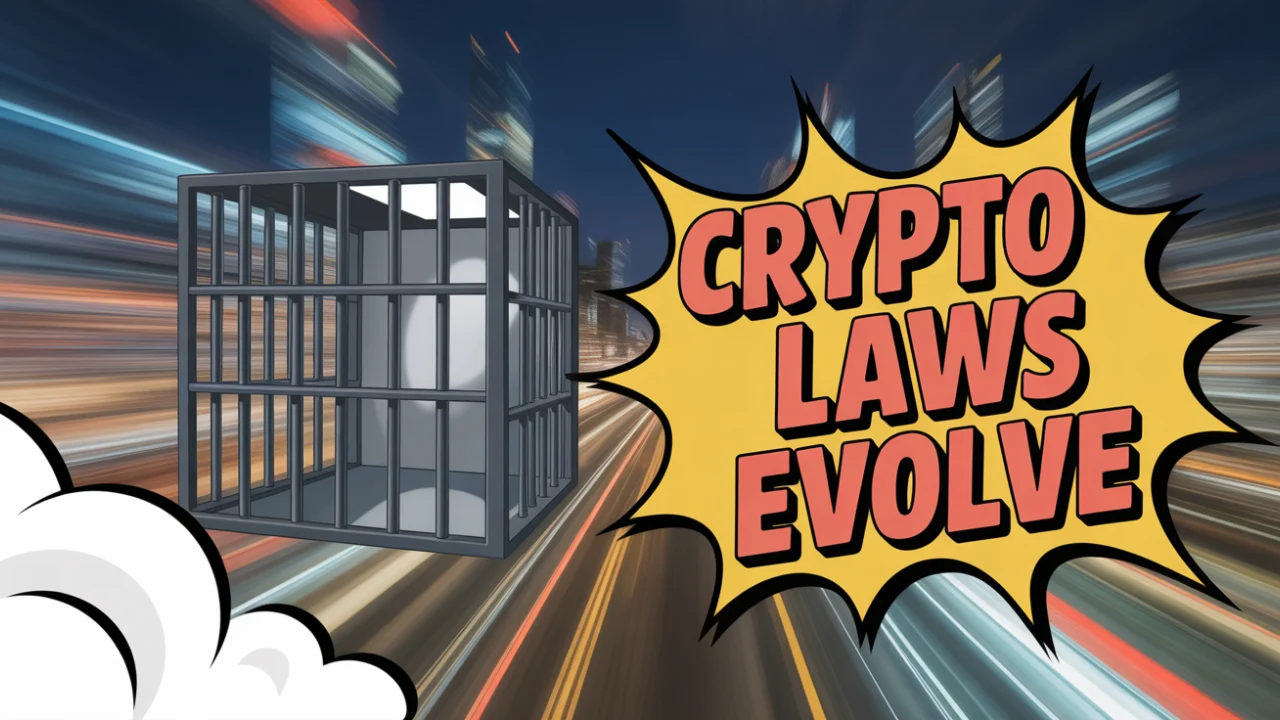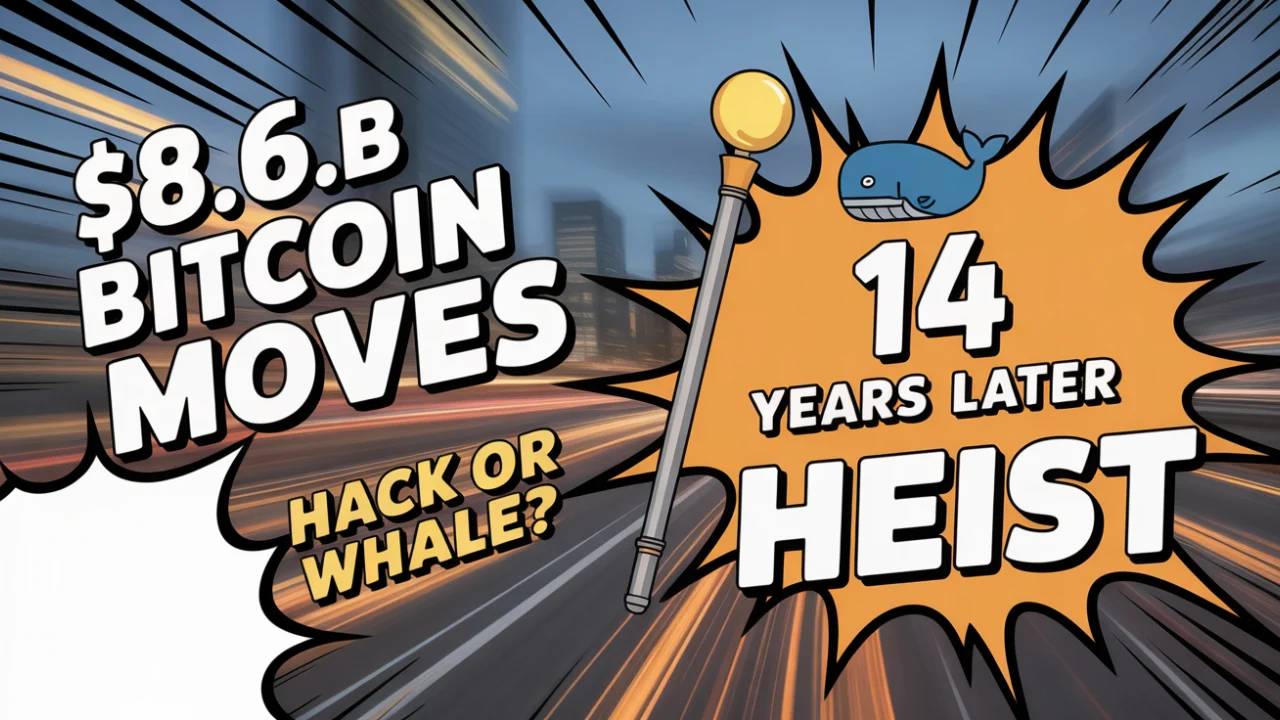A U.S. judge said new crypto laws could impact the case against Terraform Labs co-founder Do Kwon. The GENIUS Act is moving through Congress and could redefine how stablecoins like TerraUSD are treated under U.S. law.
What Happened
At a status conference Wednesday in New York’s Southern District Court, Judge Paul Engelmayer said he was “mindful of the GENIUS Act” when talking to Do Kwon’s lawyers. The bill—short for Guiding and Establishing National Innovation for US Stablecoins—could impact securities fraud charges against Kwon.
Kwon was arrested in Montenegro in 2023 and extradited to the U.S. in December. He faces 9 counts. His trial is set for Jan 2026. He’s in custody and has pleaded not guilty.
The GENIUS Act passed the U.S. Senate on June 17 and is waiting for a House vote. If signed into law, it would create a federal framework for payment stablecoins, including algorithmic ones like TerraUSD (UST).
Kwon’s exposure is tied to the Terra collapse in 2022 when UST lost its dollar peg—causing billions in losses. The fallout drew charges from U.S. and South Korean authorities.
Market and Legal Analysis
Judge Engelmayer also said he’s looking into whether a civil ruling—which found Kwon and Terraform liable for fraud—could impact the criminal case. The SEC brought that civil suit earlier this year.
The shift in Kwon’s charges reflects a broader trend: U.S. crypto regulation is changing. Laws like the GENIUS Act and the STABLE Act will force prosecutors and regulators to redefine old cases under new laws.
We saw this in the SafeMoon case, where the defense tried to delay the trial, citing new laws under a new administration. That defendant was later convicted on all counts.
For the crypto industry, the question is clarity: if stablecoins like UST get a new category, how will past enforcement be handled?
Quotes Judge Engelmayer said he was “mindful of the GENIUS Act” during the hearing.
Investor View
This affects investors who hold or trade algorithmic stablecoins. If U.S. law creates a new category for such tokens, it will change how projects are built, regulated, or litigated.
A change in Kwon’s charges could also set a precedent for other big crypto cases tied to stablecoin failures.
The GENIUS Act and STABLE Act mean U.S. lawmakers are finally moving on long-stalled crypto legislation—especially around digital asset market structure.
If passed, these bills will directly impact DeFi platforms, token issuers, and even centralized stablecoins like USDC or USDT, depending on how regulators interpret the new laws.
Conclusion
Do Kwon’s case is far from closed, but its shape may soon change. The GENIUS Act could redefine how algorithmic stablecoins are viewed—and whether past actions remain criminal under new rules.
If the House passes the bill and the White House signs it into law, the legal playing field for crypto founders might shift overnight. The question now is, will Congress act before the courtroom does?




